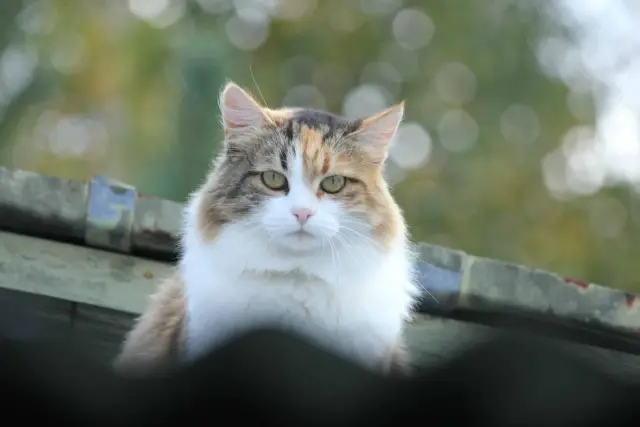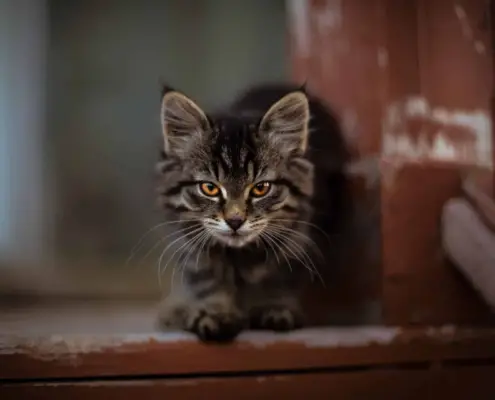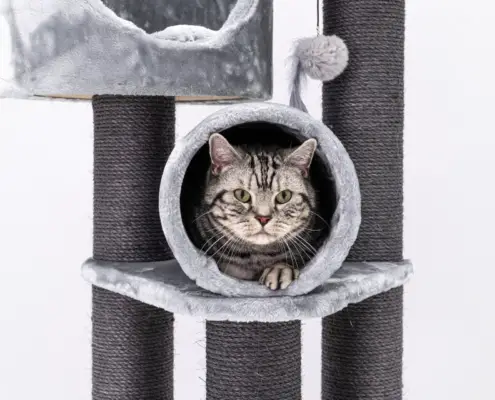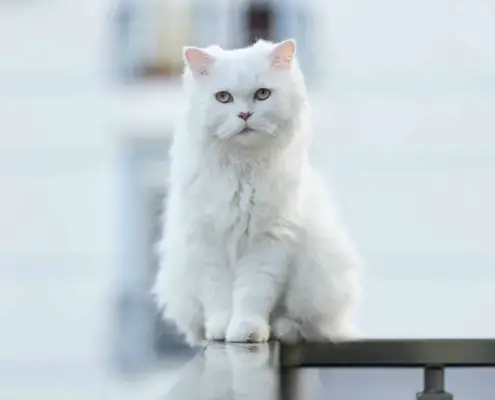
Cats are adorable creatures that have a special place in many people’s hearts. They are cuddly, cute, and fascinating pets. However, there are several misconceptions about their behavior that are often not true. One of the most common misconceptions is that cats are impatient animals. This article aims to debunk the myth about impatient felines and help pet owners understand their behavior better.
Introduction to Cat Behavior
Cats are domesticated animals that belong to the family Felidae. They are carnivorous and are known for their hunting skills. Cats are solitary animals, and they prefer to live alone in the wild. However, domesticated cats can live in groups, but they still retain their independent nature. Understanding cat behavior is essential for pet owners to provide their feline friends with a comfortable and safe environment.
Common Misconceptions about Cat Behavior
There are several misconceptions about cat behavior that are often not true. One of the most common misconceptions is that cats are aloof and unaffectionate. Many people believe that cats do not like to be touched or petted, which is not true. Cats can be very affectionate and enjoy cuddling and playing with their owners. Another common misconception is that cats are independent animals that do not need attention. While it is true that cats are independent, they still need attention and care from their owners.
Understanding Feline Behavior
Understanding feline behavior is essential for pet owners to provide their cats with a comfortable and safe environment. Cats communicate through body language, vocalization, and scent. Understanding their body language is crucial to understanding their behavior. For example, when a cat’s ears are flattened, it means they are scared or angry. When they are purring, it means they are happy and content.
Exploring the Concept of Impatience in Cats
Impatience is the tendency to be easily frustrated or annoyed when something takes too long or does not happen quickly enough. Some people believe that cats are impatient animals that get easily frustrated when they do not get what they want. However, this is not entirely true, and there are several factors that contribute to perceived impatience in cats.
Debunking the Myth of Impatient Cats
The myth of impatient cats is not entirely accurate. While cats can be impatient at times, they are not naturally impatient animals. Cats are animals that are driven by their instincts, and they have a natural rhythm to their daily routine. They are creatures of habit and prefer to stick to a schedule.
Factors that Contribute to Perceived Impatience in Cats
Several factors contribute to perceived impatience in cats. One of the main factors is their routine. When a cat is used to a particular routine, any deviation from that routine can cause stress and anxiety. For example, if a cat is used to being fed at a particular time, and their owner is late, they may become agitated and meow loudly for food.
Another factor that contributes to perceived impatience in cats is their environment. Cats are territorial animals, and they prefer to have their own space. When a cat feels threatened or uncomfortable in their environment, they may become agitated and impatient.
Signs of Impatience in Cats
Cats can display several signs of impatience when they are feeling frustrated or annoyed. Some of the signs include meowing loudly, pacing back and forth, scratching furniture, and biting or scratching their owners. It is essential to identify these signs and address the cause of their impatience.
How to Address Impatience in Cats
Addressing impatience in cats requires understanding the cause of their frustration. If a cat is meowing loudly for food, it may be because they are hungry. Providing them with food at their regular feeding time can help alleviate their impatience. If a cat is scratching furniture, providing them with a scratching post can help redirect their behavior.
Tips for Promoting Patience in Cats
Promoting patience in cats requires creating a comfortable and safe environment for them. This includes providing them with their own space, providing them with toys and scratching posts, and establishing a regular routine. It is also essential to provide them with plenty of attention and affection.
Conclusion
In conclusion, cats are not naturally impatient animals. The myth of impatient cats is not entirely accurate, and there are several factors that contribute to perceived impatience in cats. Understanding feline behavior is essential for pet owners to provide their cats with a comfortable and safe environment. By following the tips outlined in this article, pet owners can help promote patience in their feline friends.
If you enjoyed my article, I would appreciate you sharing it with your network.

Sima Ndlebe
Sima writes for CatBuzz. He is interested in Cats, Health and Fitness, and Entrepreneurship.
Published: 1 November 2023




